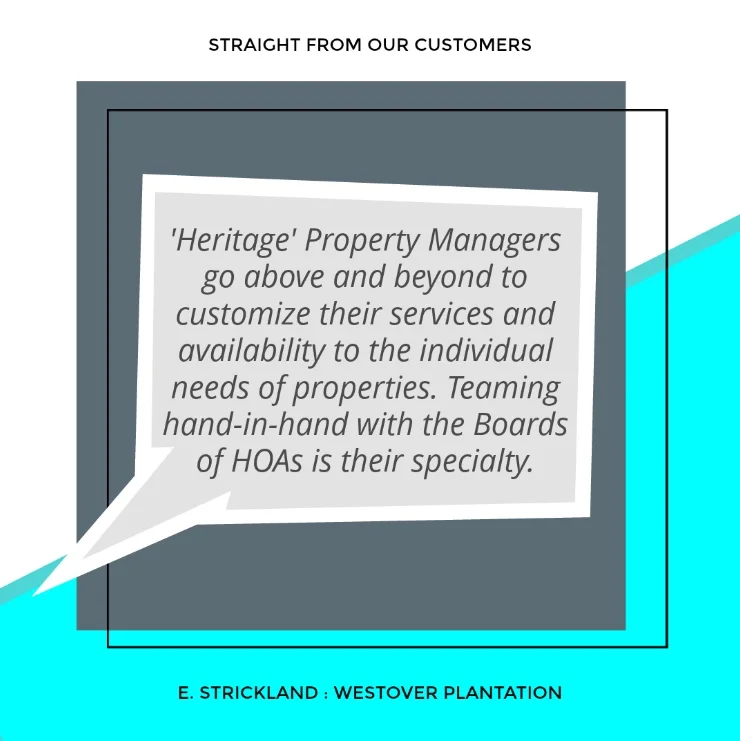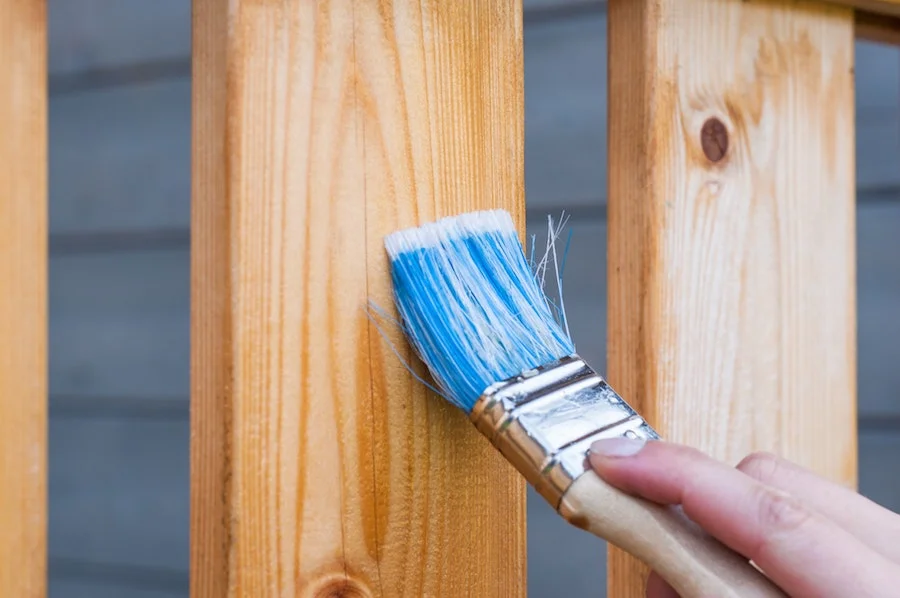If you own a home that is governed by a Home Owners Association (HOA), a professional property management company can work with your HOA to help manage resident complaints and disputes. The task can feel quite daunting for volunteer HOA members trying to handle things on their own. And when you have enough home owners in one community, there are bound to be circumstances where a homeowner disagrees with a rule or doesn’t follow the bylaws and the Association's Governing Documents.
But how can a good property management company help an HOA handle resident complaints?
1. Property management companies can provide the support and connect the board to legal professionals to enable HOA board members effectively and property govern the community and enforce the rules, regulations and covenants.
Some say it’s the best form of government and that it is closest to a pure democracy in terms of responsiveness and representation. The HOA in your community is there to ensure the good of the community as a whole and help when a home owner needs resolution to an issue. Either their own, or a dispute with a neighbor.
2. Property management companies have a process for disputes to ensure fairness from one complaint to the next.
The typical process used by a property management company to resolve a dispute is a written submission of the complaint to the management company who will then communicate the issue to the appropriate HOA board members.
Homeowners needing to submit a complaint should always do so in writing and send it to their community property manager.
Every homeowner complaint letter should include the following :
The name of the homeowner filing the complaint.
The homeowner’s address and name of the community.
The date or date range the issue took place.
A full description of the issue.
3. Once the letter is received by the board via the property manager a specified period of time will be given during the next board meeting to discuss the issue. The property management company can help guide the board members on how to best handle the situation.
This is sometimes held monthly or quarterly and depends on the severity of the issue. If a meeting is not imminent, some boards will discuss the issue immediately with their property manager for guidance on how to handle the issue in the most fair and appropriate manner based on their specific community regulations.
Homeowners may also choose to request a face-to-face meeting to discuss their issue in person with representatives from both the HOA board and property management company.
The end goal of any homeowner complaint is to handle each issue fairly, within the bounds of the community guidelines, rules and regulations and have a peaceful, successful outcome for both parties.
While this is not always possible, a professional property management company can help reduce complication, take unnecessary emotion out of the decisions and look at the issues from an outside, legal perspective reducing the stress and complexity of the issues for the individual board members.



















